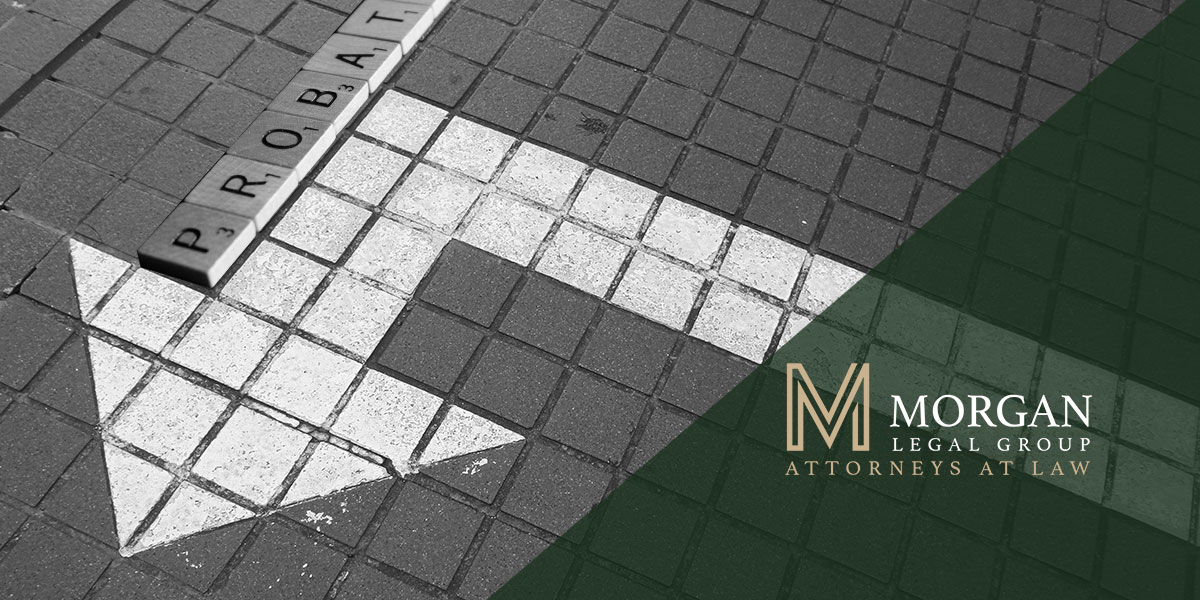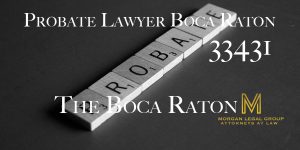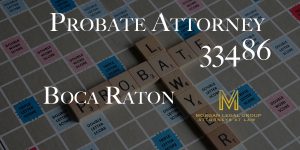Understanding the Probate Process in Florida and How to Avoid It
Probate is a complex and time-consuming legal process that involves validating and distributing a deceased person’s assets and debts. But with proper estate planning, you may be able to minimize or even avoid it altogether. This article will explain how the probate process works in Florida and explore various strategies to help you avoid it.
Understanding the Probate Process
The probate process in Florida typically follows these steps:
1. Filing a Petition
The process begins with the filing of a petition in the circuit court where the deceased person resided. The court will appoint a personal representative (executor) to oversee the administration of the estate.
2. Notifying Creditors and Beneficiaries
Notice of the probate proceeding is provided to known creditors and beneficiaries. Creditors have a limited time to file claims against the estate to seek repayment of debts.
3. Inventory and Appraisal
The personal representative identifies, gathers, and appraises the deceased person’s assets. An inventory of these assets is submitted to the court for approval.
4. Payment of Debts and Taxes
Outstanding debts and taxes, including income and estate taxes, are paid from the estate’s assets.
5. Distribution of Assets
Once debts and taxes are settled, the remaining assets are distributed to the beneficiaries as specified in the will or according to state intestacy laws if there is no will.
6. Closing the Estate
After all tasks are completed, the personal representative files a final accounting with the court, and the estate is closed.
How to Avoid Probate in Florida
Probate can be costly and time-consuming, and many individuals seek ways to avoid it. Here are some strategies to consider:
1. Establish a Revocable Living Trust
A revocable living trust allows you to transfer ownership of your assets to the trust while retaining control during your lifetime. Upon your passing, the assets in the trust can be distributed to beneficiaries without going through probate.
2. Joint Ownership with Rights of Survivorship
Property held jointly with rights of survivorship automatically transfers to the surviving owner(s) upon your death, bypassing probate.
3. Beneficiary Designations
Assets like life insurance policies, retirement accounts, and bank accounts can have designated beneficiaries. These assets pass directly to the beneficiaries, avoiding probate.
4. Payable-on-Death (POD) and Transfer-on-Death (TOD) Accounts
Similar to beneficiary designations, POD and TOD accounts allow assets to transfer directly to named beneficiaries upon your death.
5. Small Estate Proceedings
If the value of your estate falls below a certain threshold, you may qualify for simplified small estate proceedings that are quicker and less expensive than formal probate.
6. Make Lifetime Gifts
Gifting assets to beneficiaries during your lifetime can reduce the overall value of your estate, potentially lowering the probate threshold.
Consult with Estate Planning Professionals
Deciding how to avoid or minimize probate in Florida requires careful consideration of your assets and goals. It’s essential to consult with experienced estate planning professionals who can help you create a customized plan that aligns with your wishes.
At Morgan Legal Group in Miami, Florida, our team of estate planning attorneys specializes in developing strategies to avoid probate and ensure your estate is handled efficiently. Contact us today to schedule a consultation and take the first step toward securing your legacy.
Strategies to Avoid Probate in Florida
Probate can be costly and time-consuming, and many individuals seek ways to avoid it. Here is a summary of the strategies to consider:
| Strategy | Description |
|---|---|
| Establish a Revocable Living Trust | Transfer ownership of assets to the trust while retaining control during your lifetime. Assets can be distributed to beneficiaries without going through probate. |
| Joint Ownership with Rights of Survivorship | Property held jointly with rights of survivorship automatically transfers to the surviving owner(s) upon your death, bypassing probate. |
| Beneficiary Designations | Assets like life insurance policies, retirement accounts, and bank accounts can have designated beneficiaries. These assets pass directly to the beneficiaries, avoiding probate. |
| Payable-on-Death (POD) and Transfer-on-Death (TOD) Accounts | Similar to beneficiary designations, POD and TOD accounts allow assets to transfer directly to named beneficiaries upon your death. |
| Small Estate Proceedings | If the value of your estate falls below a certain threshold, you may qualify for simplified small estate proceedings that are quicker and less expensive than formal probate. |
| Make Lifetime Gifts | Gifting assets to beneficiaries during your lifetime can reduce the overall value of your estate, potentially lowering the probate threshold. |
Consult with Estate Planning Professionals
Deciding how to avoid or minimize probate in Florida requires careful consideration of your assets and goals. It’s essential to consult with experienced estate planning professionals who can help you create a customized plan that aligns with your wishes.
At Morgan Legal Group in Miami, Florida, our team of estate planning attorneys specializes in developing strategies to avoid probate and ensure your estate is handled efficiently. Contact us today to schedule a consultation and take the first step toward securing your legacy.








